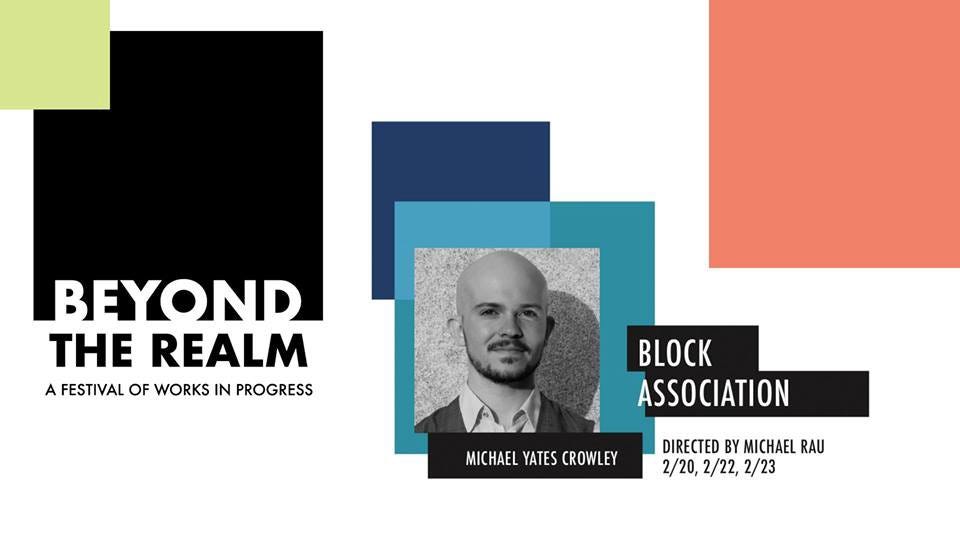
Exploring our offline and online identities in a new workshop project with Michael Rau and Michael Yates Crowley
Like many people, you might find that there’s a certain kind of delicious kind of schadenfreude in lurking on one’s neighborhood mailing list or NextDoor community — a guilty pleasure to be found in revelling in the shocking neighbor v. neighbor scandals and seemingly overblown concerns of others.
The new digital/live hybrid experience Block Association Project takes that idea and runs with it, as participants are invited to meet their new neighbors electronically across emails and social media leading up to the live experience, where they will get to meet the characters in person for the first time… and what happens next is anybody’s guess.
We caught up with Stanford Professor Michael Rau, as he prepares to stage a work-in-progress version of Block Association Project as part of Beyond The Realm — A Festival of Works in Progress with the team, which includes Michael Yates Crowley (scriptwriter), Sara C Walsh (scenic design), and Asa Wember (sound and projections).
No Proscenium (NP): Can you tell us a little about yourself and your background in the immersive arts?
Michael Rau (MR): I’m a live performance director, and I work in theater, opera and digital media. I got my MFA in theater directing from Columbia University, and worked in NYC for many years as a director. Over time I became interested in integrating technology into my theatrical performances, and to think more about participation within the theatrical event. I now teach directing and devising at Stanford University.
NP: What, in a nutshell, is the Block Association Project about?
MR: This play is about three things:
1) The possibility of knowing people virtually; whether social media and constant connection gives us access and intimacy, or just the illusion of it.
2) Telling a story using technology — the way real stories unfold in our lives, over texts, phone calls, articles, emails, chats.
3) And most importantly: What is a community, and who belongs to it? What do we owe our neighbors, and how do we decide who gets to be a neighbor? And, as the play asks in the end, what would happen if we tried to treat everyone as our neighbor?
NP: What inspired the creation of this experience?
MR: My collaborators and (Michael Yates Crowley, Asa Wember and Sara Walsh) created an immersive production several years ago called Temping which was an immersive storytelling experience that took place in an office cubicle. We wanted to make something again in a similar vein, and keep using some of the software and technology that we had developed, and also try to push ourselves further by scaling for larger audiences.
NP: Can you tell us a bit about the digital aspect leading up to the live performance?
MR: The audience will be given an opportunity to opt-in for email communication with the characters of the story. The emails will be sent for two week prior to the performance, and allow the audience to interact with the characters via email and to discover the relationships and backstories of all the characters that live on the same block.
NP: How is the audience incorporated into the work?
MR: From being able to interact with the characters during the online portion, to their participation in the live event, the audience’s presence matters to the performance. It has several narrative forks and alternative endings, and the audience’s actions (or inactions) will determine the course of the story.
Furthermore, there will be some group discussions between the audience and the characters, where we will ask you to wrestle with these questions of what is right and wrong.
NP: What kinds of choices can the participants make during Block Association Project and how do their choices affect the outcome of the show?
MR: Oh, I don’t want to spoil it! But I will say that there is an important vote!
NP: How are you designing around audience agency, consent, and safety?
MR: We’ve put a lot of thought into our design to ensure that audience members aren’t asked to do anything that a theater audience wouldn’t want to to do — you can experience the entire show by simply watching, or if you are interested interacting with the characters, there are moments where you can choose to speak, respond or roleplay with them, both in the online portion or in the live event.
NP: What do you hope participants take away from the Block Association Project experience?
MR: We wanted to make a performance to help an audience look at this idea of community — what it means, and how it is created and destroyed, and ask an audience to consider their own responsibilities towards a community.
Block Association Project runs February 20–23 in New York City; tickets are free.
NoPro is a labor of love made possible by our generous Patreon backers. Join them today!
In addition to the No Proscenium web site, our podcast, and our newsletters, you can find NoPro on Twitter, Facebook, YouTube, Instagram, in the Facebook community Everything Immersive, and on our Slack forum.
Office facilities provided by Thymele Arts, in Los Angeles, CA.


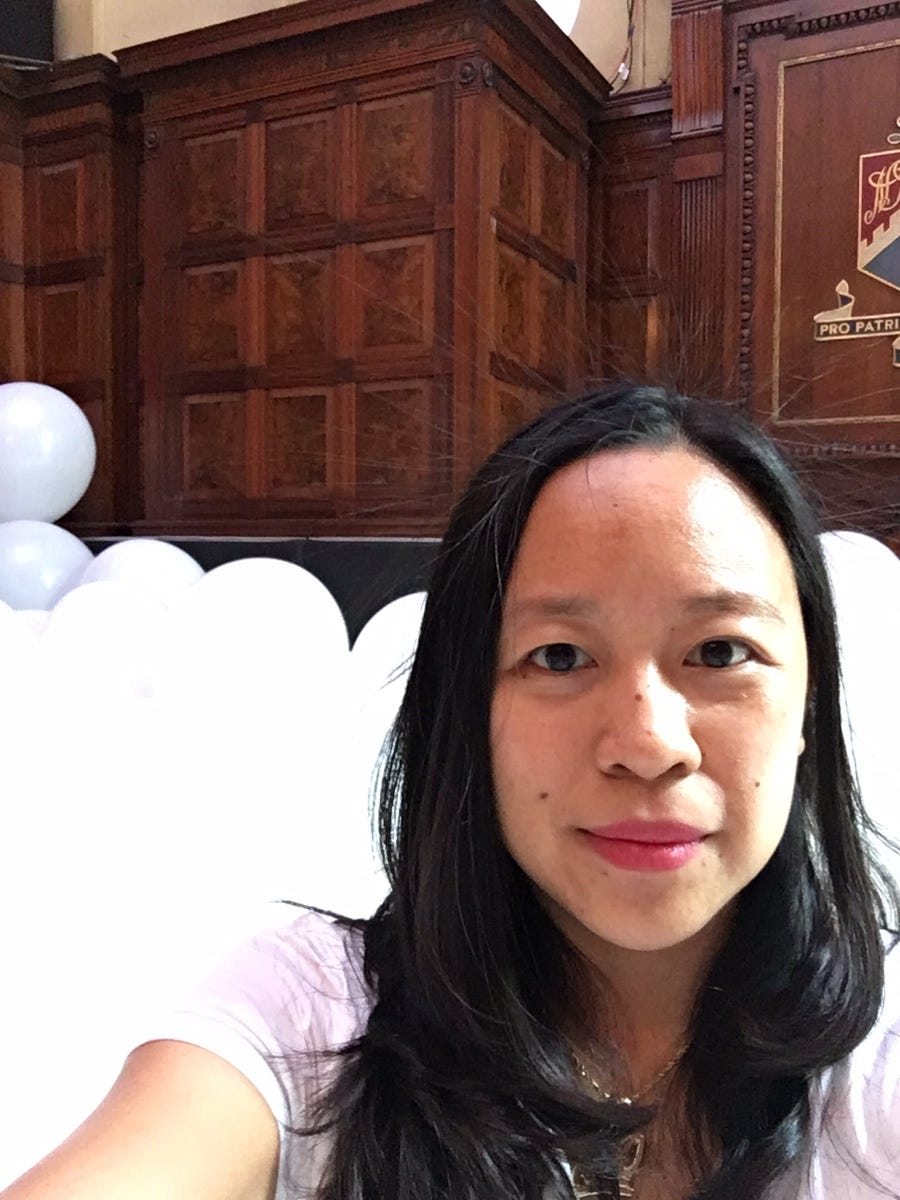
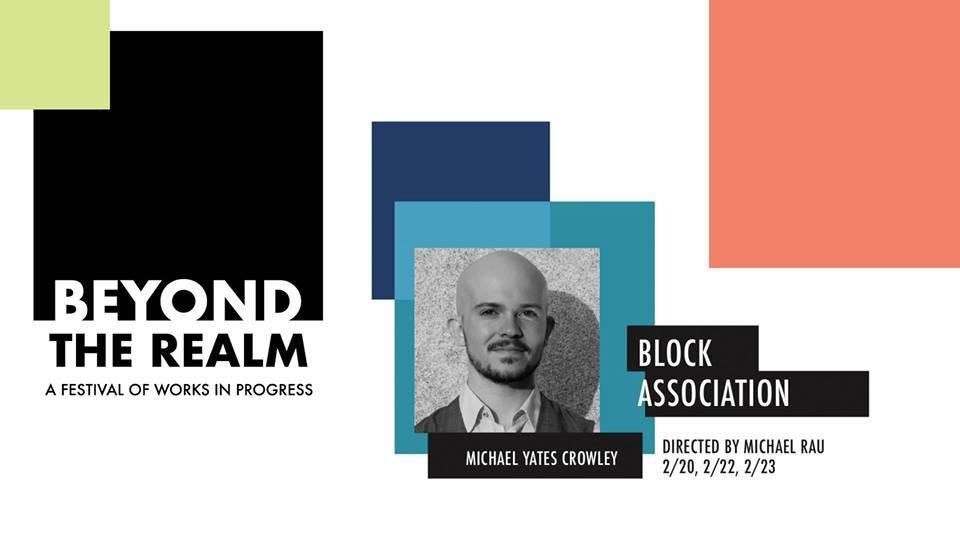
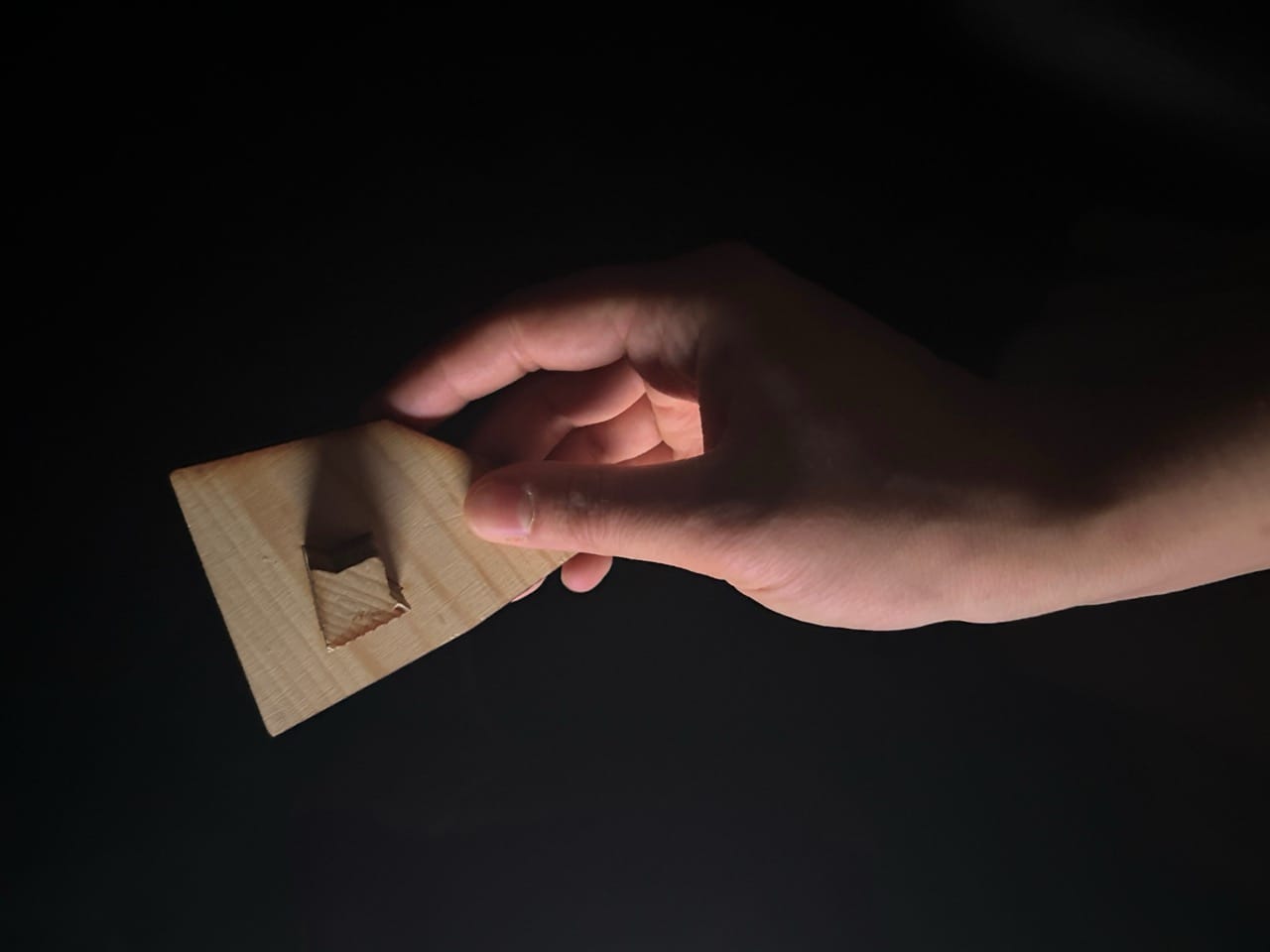
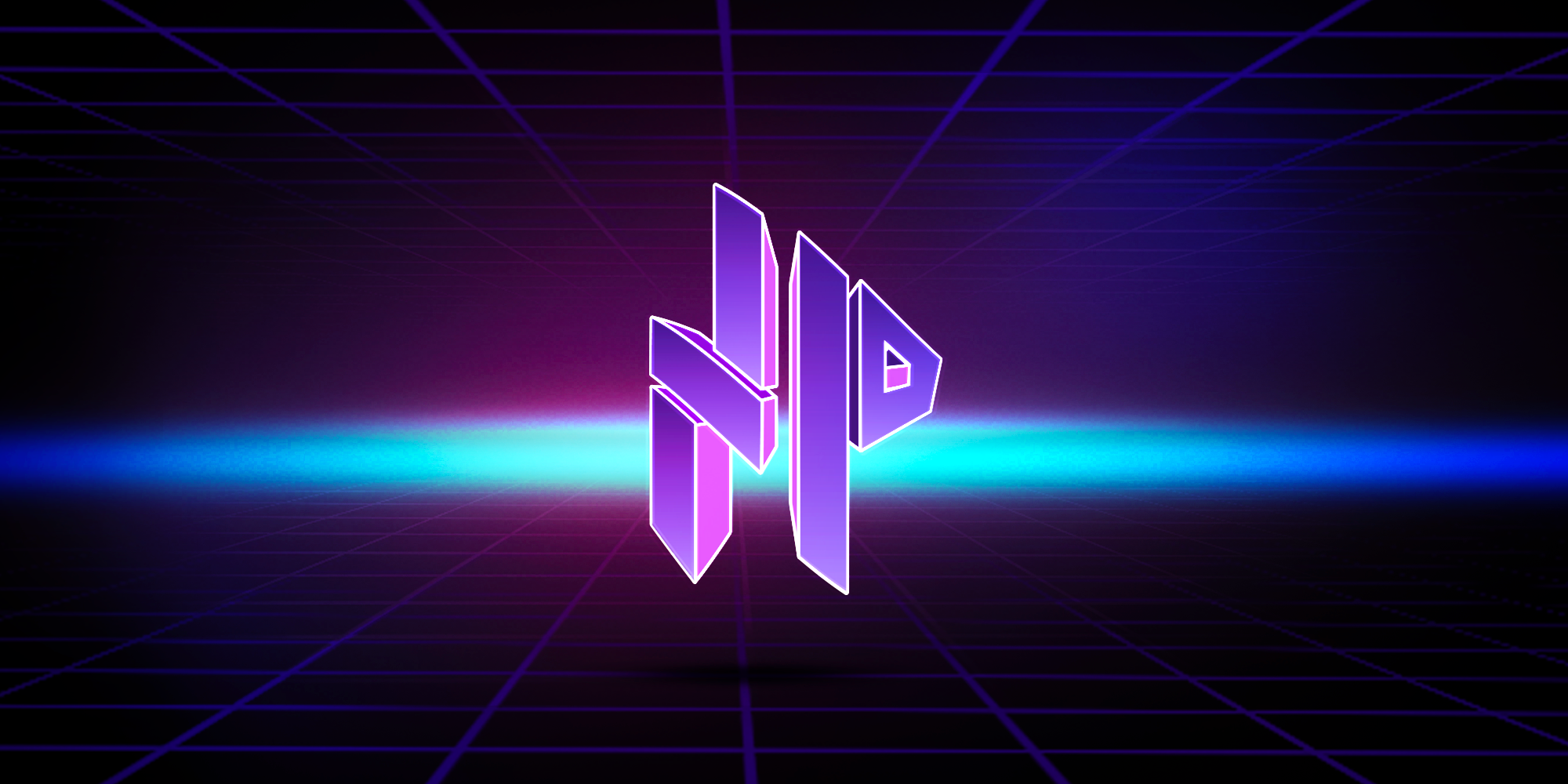
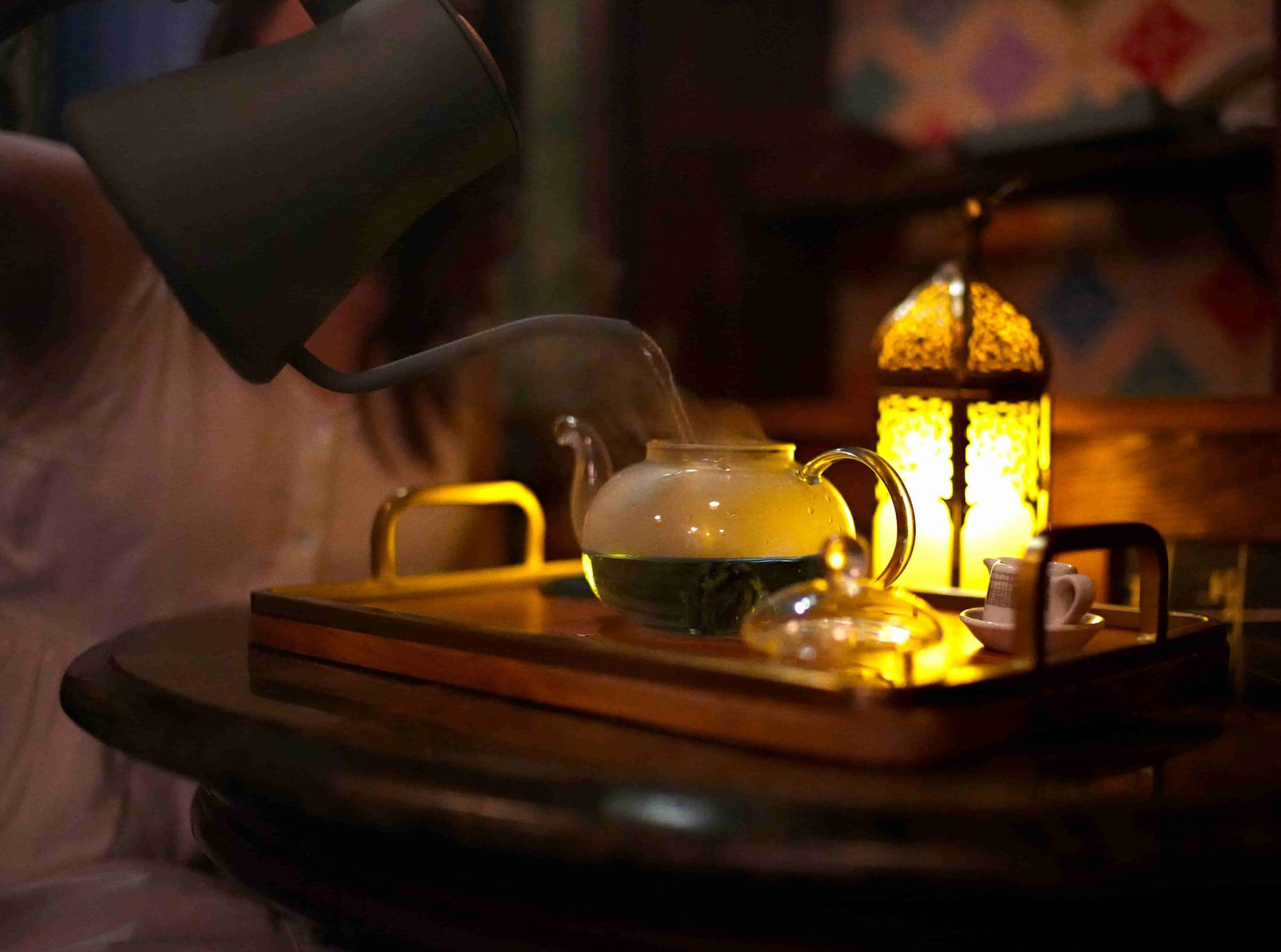
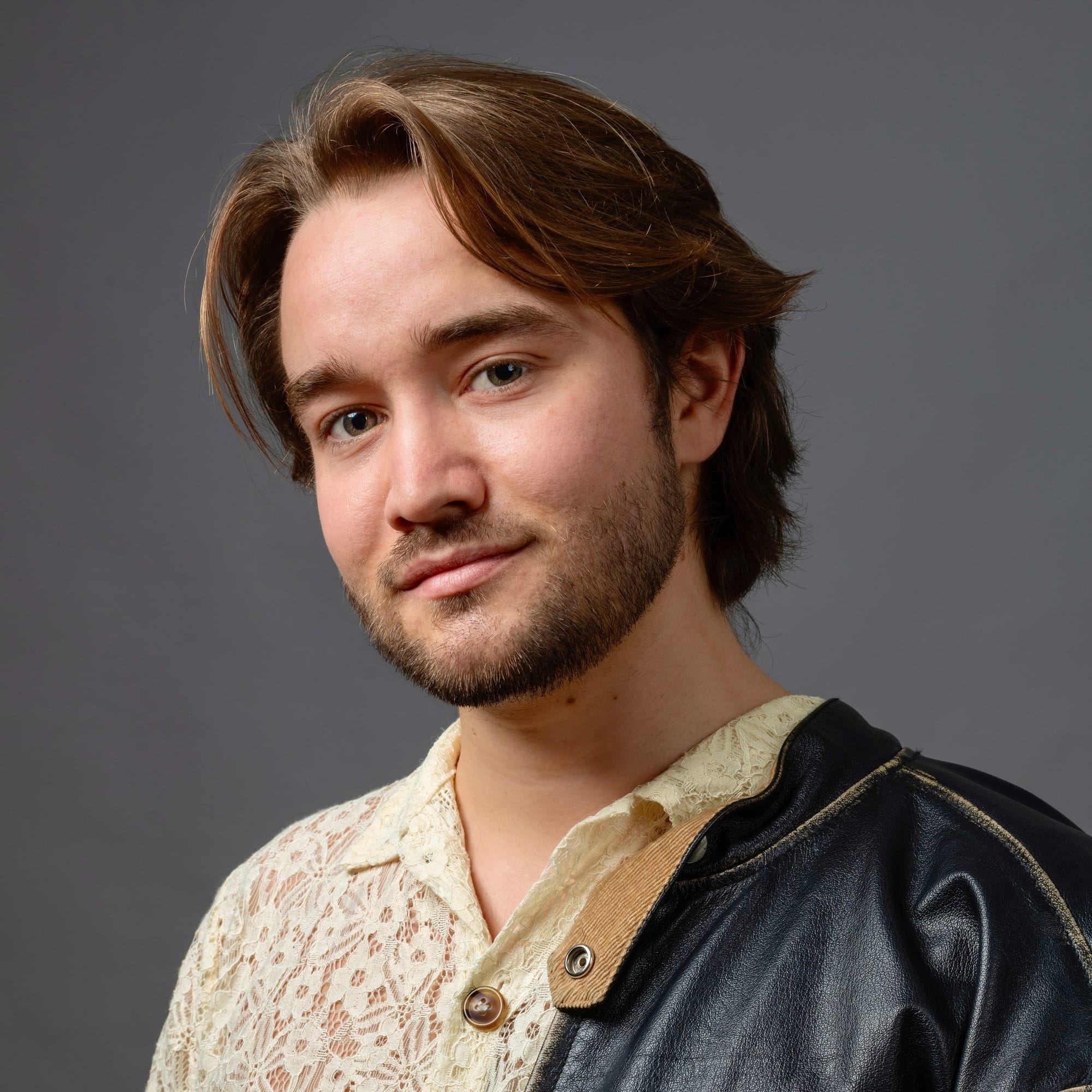

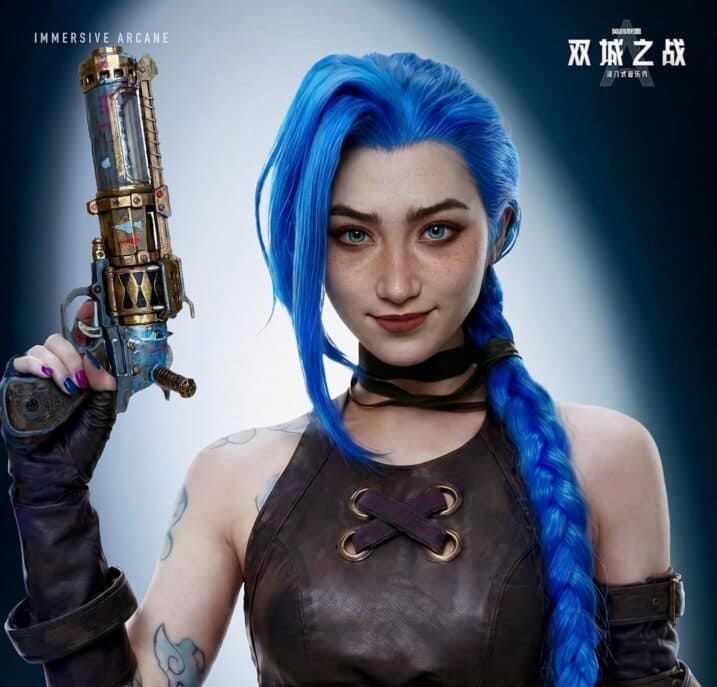
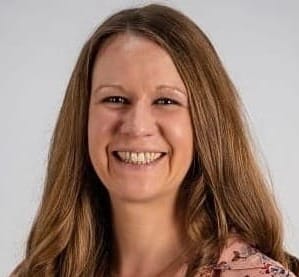

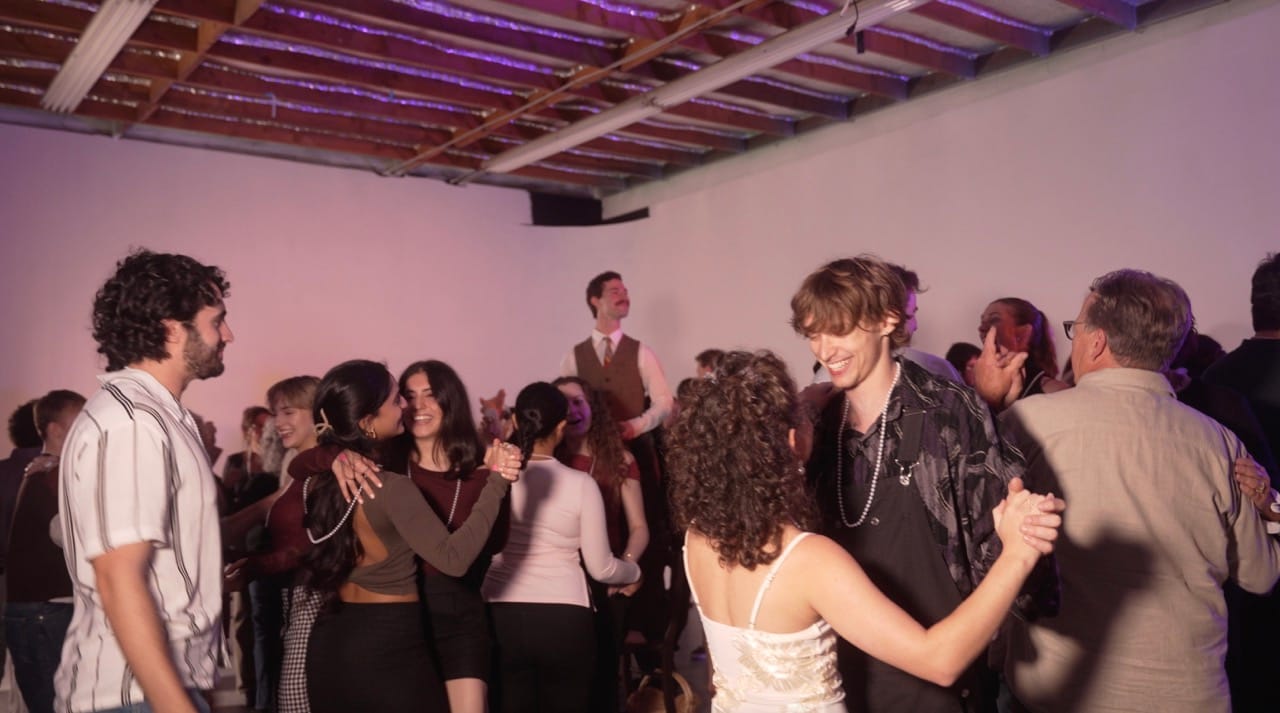
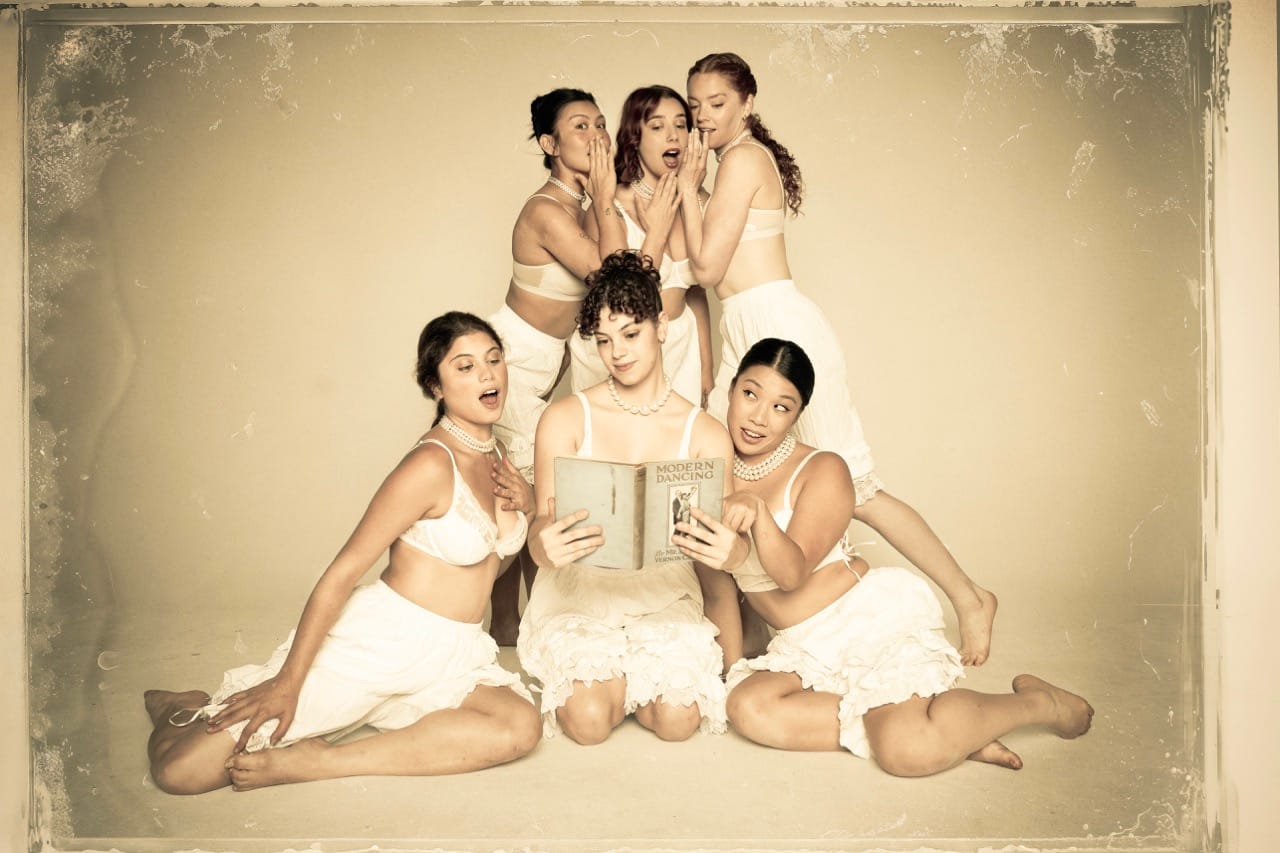
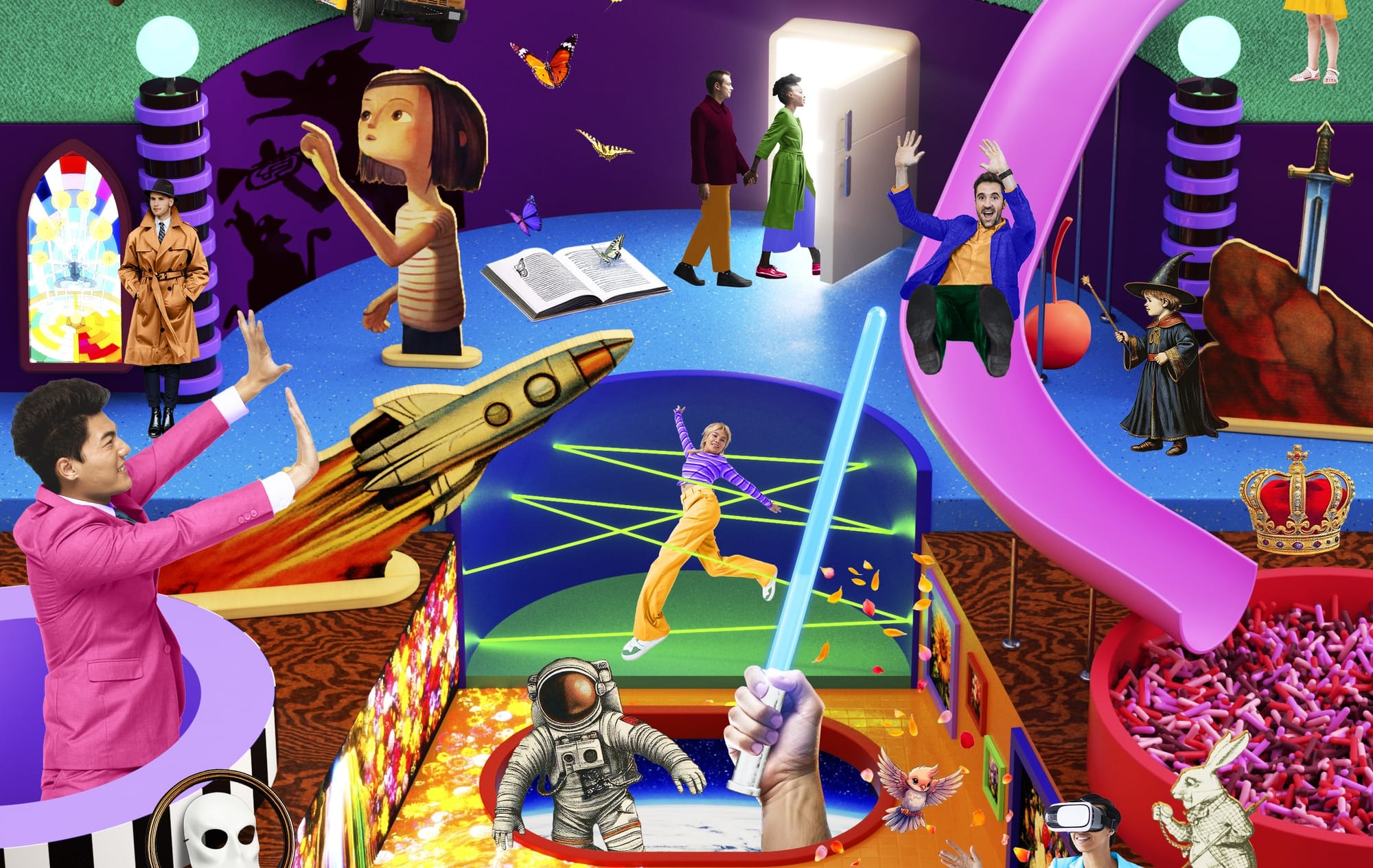
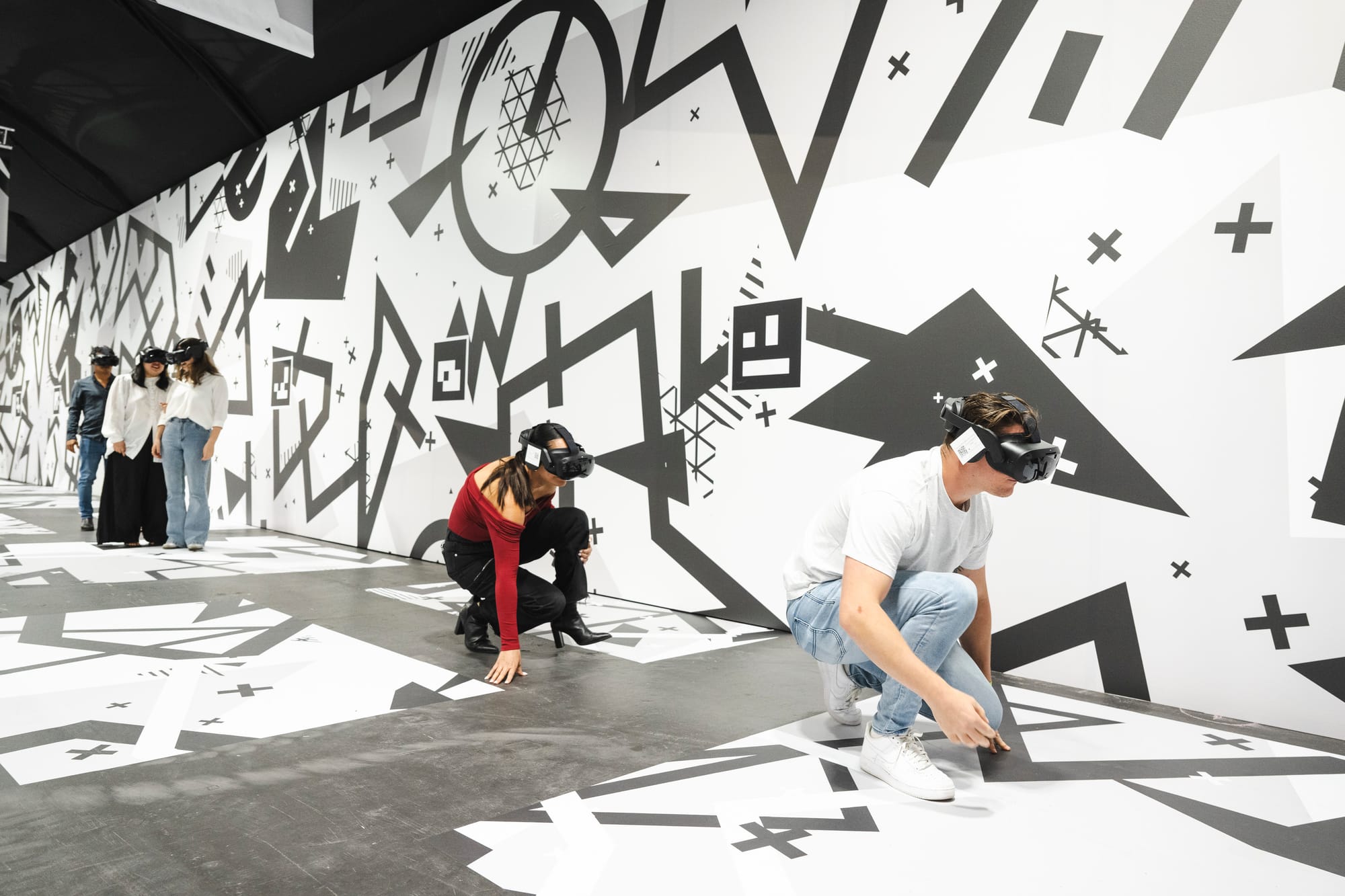
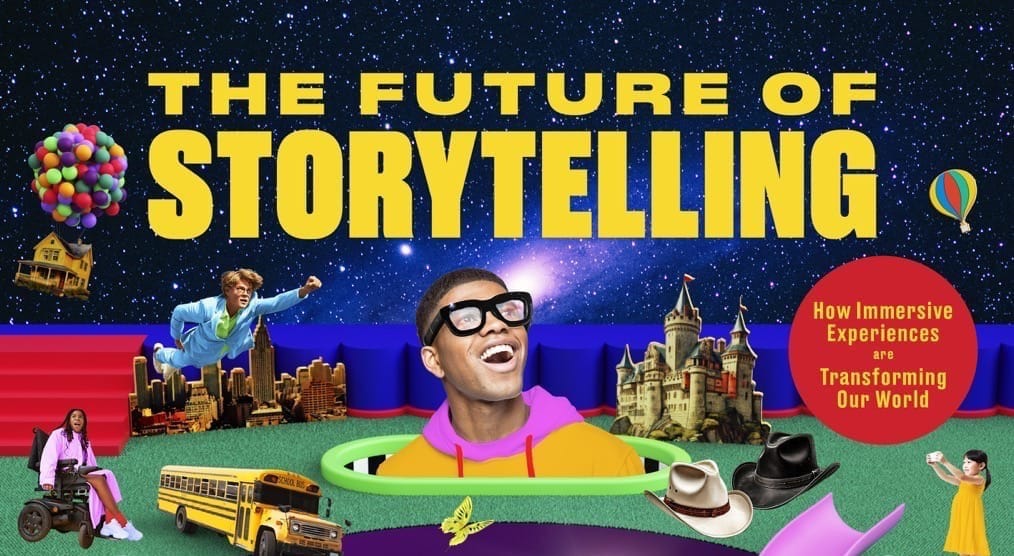

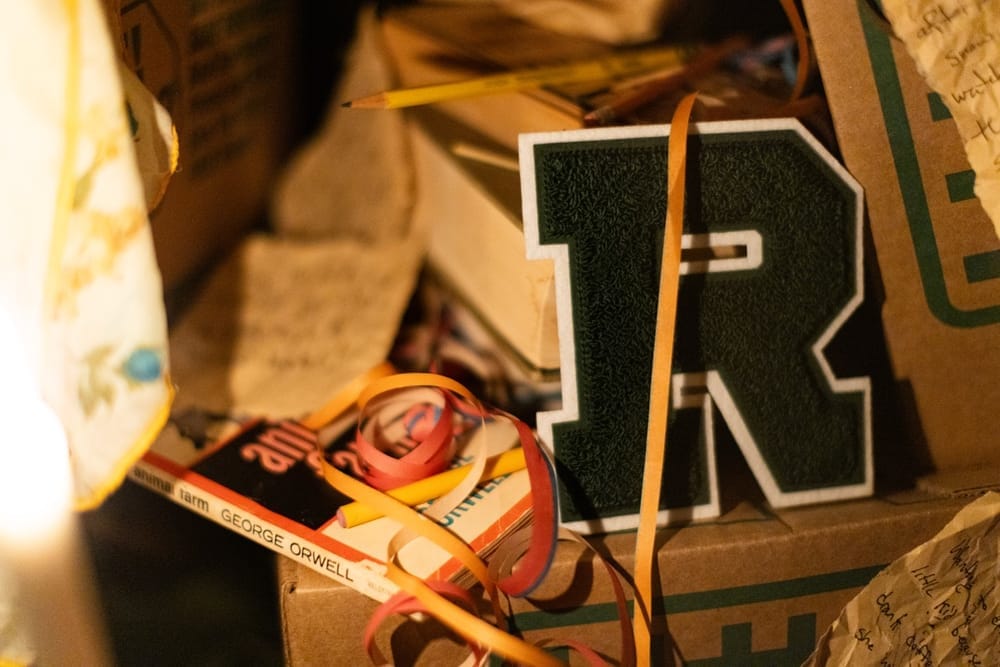
Discussion